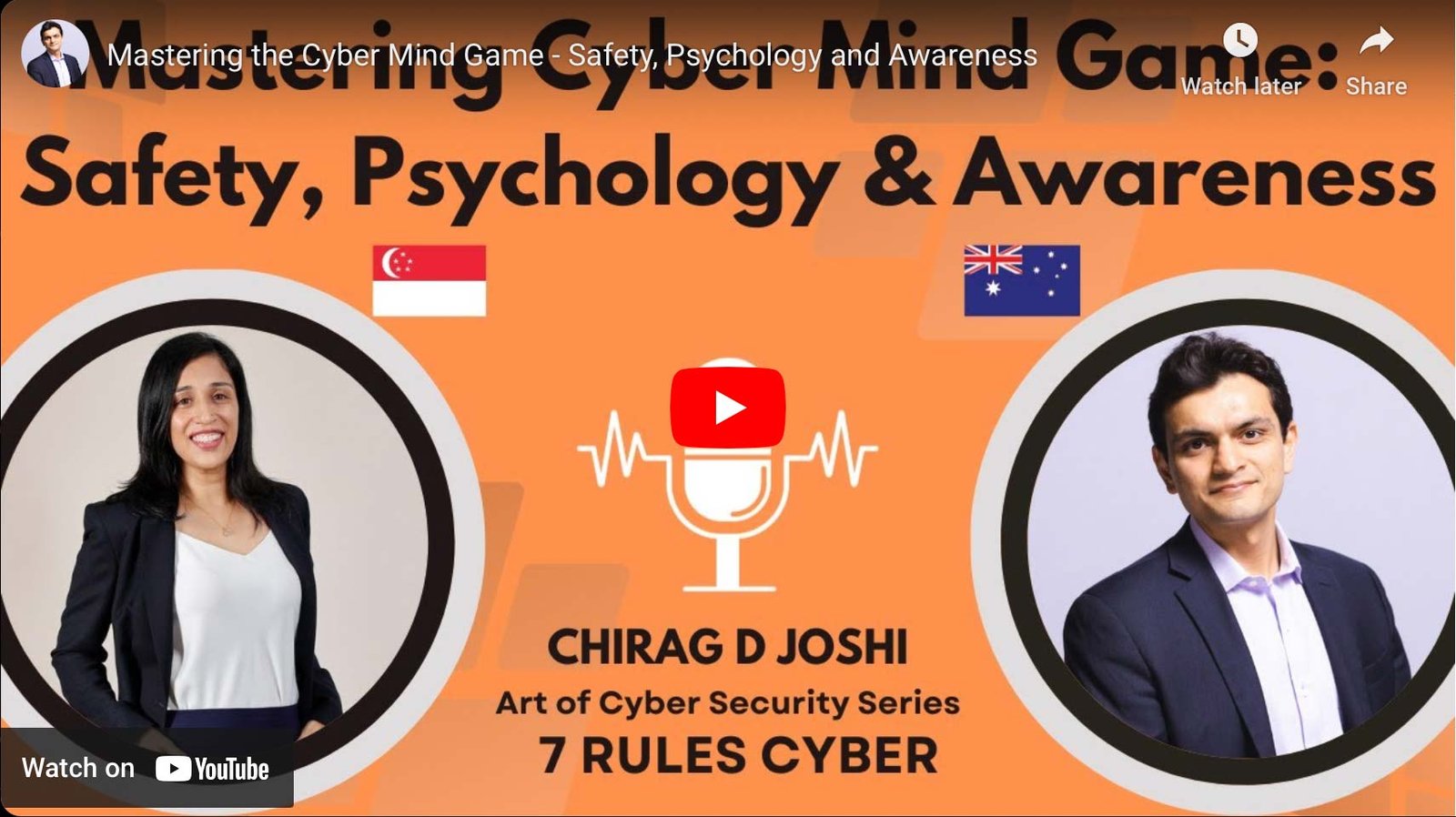
What is the difference between cybersecurity and cybersafety, and why should individuals and businesses care about both?
The human (or social) side of cyber is increasingly seen as a critical solution to tackling the problems of cybersecurity and onlineharms – along with the technical, policy, and legal solutions. This is good for social scientists like me, who train, teach and research on critical thinking, psychological, and behavioural aspects of cyber.
In an engaging and energising conversation, Chirag D Joshi and I delved into different aspects of these issues. I pointed out that “soft” skills are hard to master, and need to be included as part of regular organisational trainings on cybersecurity. The bad guys innovate everyday (especially due to ai), so we need to upgrade our softskills and knowledge regularly too.

Comments are closed